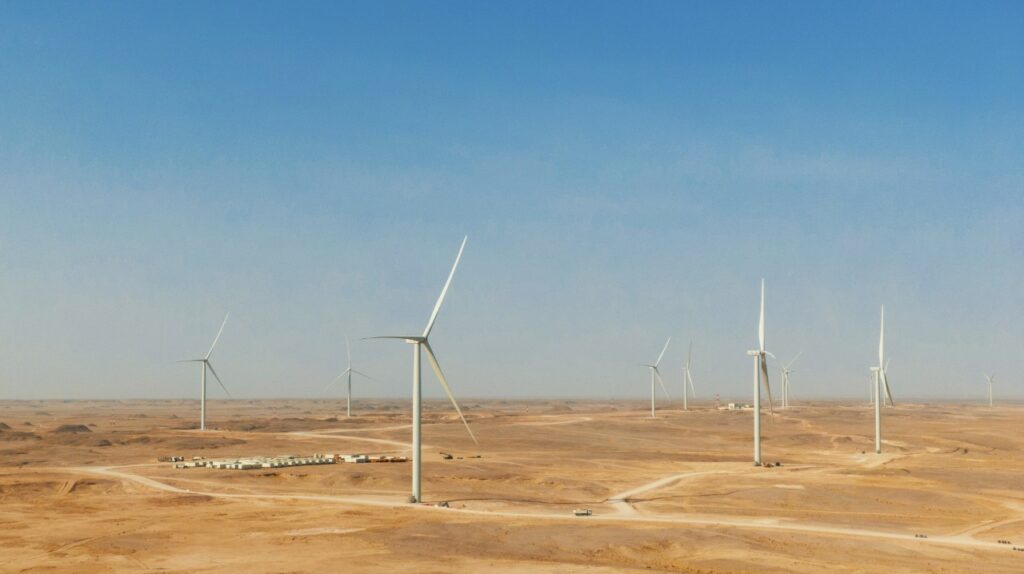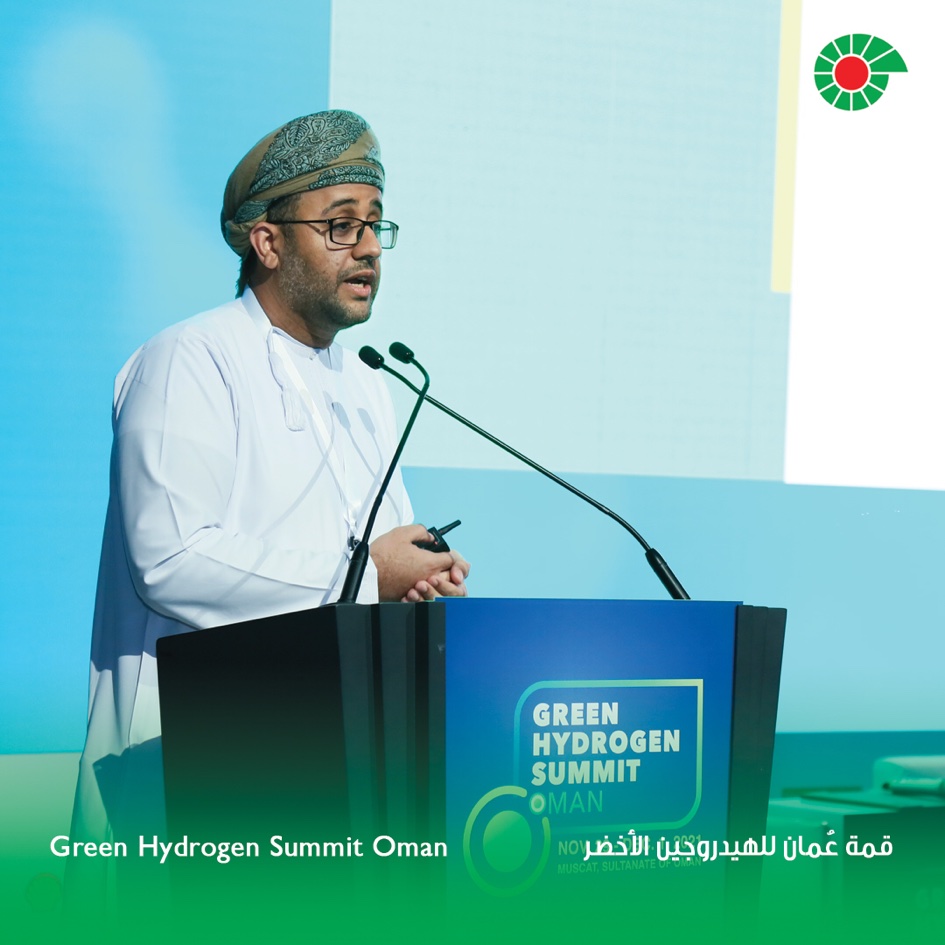
The first phase of a Direct Sales initiative — a keenly anticipated endeavor by the country’s power sector regulator to open up the market to competition for access – has been launched in the Sultanate of Oman.
The Direct Sales initiative, representing a further step in the ongoing liberalisation of Oman’s power sector, is now a reality. A regulatory framework underpinning this important project came into effect from 1 October 2022 with the Authority for Public Services Regulation (APSR) outlining a phased timeline for its implementation.
Announcing the introduction of the framework, the Authority said: “Article 22 of the Electricity and Related Water Sector Law stipulates that the Authority shall review the conditions of the electricity market in order to measure the readiness of the market for further liberalization. The outcomes of the studies carried out by the Authority during the past period showed that the electricity market in the Sultanate of Oman has become ready for further liberalization. Accordingly, the Authority decided to implement the direct sale mechanism between the electricity producing companies licensed by the Authority and among major consumers other than the Oman Power and Water Procurement Company SAOC.” Significantly, the Direct Sales Framework enables ‘bilateral arrangements’ agreed directly between generators and major customers, bypassing the state-owned monopoly offtake OPWP, which is currently the sole buyer of all electricity output under the sector law. Work on the initiative began last year with assistance from an international consultant that was tapped by the Authority to develop the appropriate regulatory framework in accordance with the requirements of the direct sale mechanism. The framework also specifies conditions, rules and requirements that must be met by prospective generators seeking licenses to enter into direct sales arrangements with customers.
Beneficiaries will include power plants that have fallen out of contracts and those engaged in the captive power generation business. The Authority explained: “The implementation of the direct sales mechanism, at the first stage, will be limited to generators with expired contracts (PPA) with OPWP and companies that rely on self-production and have an exemption license from the Authority. Moreover, it is necessary for the regulatory and legal framework for direct sales to consider the technical aspects – mainly to ensure that all economic and technical requirements are met such as: connection to the network, the effects of operating power units on the network, consumption calculation and settlement, ancillary services, and electricity losses.”Besides contributing to system cost savings, the Direct Sales Legal Framework is also expected to incentivize investments in large-scale renewable and green hydrogen projects, which the Omani government is banking on to support its transition away from hydrocarbons. Market liberalization A Guidance Document recently issued by APSR outlines the scope of Phase 1 of the Direct Sales initiative. It explained: “Direct Sales are a means of introducing competition for access to eligible customers – typically the largest customers. Direct Sales will be introduced though a staged implementation, with the first stage, Phase 1, eligibility for Direct Sales participation will be limited to the following: (a) Large customers with their own captive generation1 (Buyer); and (b) Generators with PPA expired (Seller).”
According to the Authority, the Phase 1 Direct Sales arrangement aims to use as much of the existing market systems, processes, and frameworks as possible so that Phase 1 Direct Sales contracts are a logical subset of the broader range and scope of market-based contracts that the end point liberalised market design can support. This allows focus on what change contribute both to expanding Direct Sales applications and progressing the liberalisation efforts further.
However, a range of pre-conditions must be achieved, the Authority has pointed out. These include certain technical criteria designed to ensure that physical connections, dispatch implications, and metering data and settlement implications are all catered for. Additionally, there are commercial and economic implications related to the price signals that direct sales proponents and eligible customers see and to which they respond. These signals determine the extent of interest by potential sellers (generators) and the value proposition anticipated by eligible customers.
Technical enablement is also key element in establishing the legal and regulatory framework for direct sales, says APSR. However, commercial and economic aspects will then drive uptake and perceptions of benefits. Electric power systems have a high degree of fixed costs. An important part of a Direct Sales regime involves determining a level of non-bypassable costs to continue recovering from customers connected to the system as they shift to being ‘Direct Sale’ customers.
Current arrangements allow a generator to sell to OPWP via the Oman Electricity Market (the Spot Market) or through PPA contracts with OPWP. But the Direct Sales Framework introduces a new facility, dubbed a Direct Sale, to allow a generator to sell directly to a customer.
The primary technical enablement requirements for Direct Sales are two-fold: (a) To be able to determine what physical quantity generation output from a direct sales generator is being sold to a customer; and (b) To be able to bill the customer and pay the generator for the combination of direct sales generation output, use of system to support direct sales generation reaching the customer, and any other purchases by the customer of electricity from the system (in addition to those from the direct sales generator).
Importantly, Direct Sales customers will be CRT (cost-reflective tariff) customers as the CRT is cost-reflective and not subsidised. Even though the tariff is not fully unbundled, the CRT covers all relevant and attributable costs, the Authority has stressed in the Guidance Document.
Further, the Eligible Generator may offer into the Spot market any capacity that is not contracted for Direct Sales with the Eligible Customer(s). This capacity shall be offered on a cost-reflective basis, in accordance with the Oman Electricity Market Rules. But in order to be able to offer capacity into the Spot market, the Eligible Generator shall sign the Accession Agreement for the Market Rules with the Market Operator.
Besides, Eligible Customers are also required to pay Transmission Use of System Charges (TUoS) like other transmission grid connected customers. An Eligible Customer who is supplied by an Eligible Generator, even one ‘right next door’, still uses the grid, especially at any time the Eligible Generator is not generating whilst the Eligible Customer is still using electricity.








